Bhavna Talwar, perhaps the first Indian after Ashok Amritraj to produce international movies in a big way, talks to Yogesh Pawar about the production company she set up with colleague Sheetal Talwar, her journey from journalist to filmmaker and future plans
At a time when Indian filmmakers are looking at big Western studios to back films, former journalist and National Award winner Bhavna Talwar has co-founded WSG Pictures, a boutique production company that produces high-quality content across the globe, with colleague Sheetal Talwar.
After backing The Eichmann Show, (a British film which recounts the global transmission of the trial of Nazi leader Adolf Eichmann) and the sci-fi thriller Genesis (by Next Level Films, the UK banner from director-producer duo Bart Ruspoli and Freddie Hutton-Mills), Sheetal and Bhavna Talwar will join hands with actor-producer Craig Conway (of Dog Soldiers, The Descent, Doomsday and Estranged fame) to produce the psychological thriller The Myth of Hopelessness.
"The Myth of Hopelessness will star Mel Raido and Morjana Alaoui and be helmed by Shaun Robert Smith. This psychological thriller, with music by acclaimed band Hyde & Beast, is based on the actual story of a young Parisian, Evie, who absconds to England for a fresh start after surviving a harrowing upbringing. We will commence filming this month," Bhavna says about the film, targeting a late 2016-release.
This makes her one of the first to produce international movies in the true sense (the only other Indian to do is Ashok Amritraj). "I want to back strong content without bringing in other considerations," she says. "Neither Sheetal nor me dwell on being the first Indian production company to truly go international. When we founded WSG Pictures, the idea was always to back quality content, irrespective of geography or language. My reasoning as a director was, there are certain stories I choose to tell myself, and then there are others who I genuinely believe need to be given a platform."
"We firmly believe, the stories we tell should matter. For example, in addition to the international content we're producing, we are producing Onir's Veda which is a contemporary adaptation of Hamlet," she adds.
But hasn't that just been done with by Vishal Bharadwaj in Haider? "If you read the script and understand his vision, you'd realise this is a story that must be told purely for the brilliant manner he has crafted and visualised it."
She also dismisses suggestions that her work is a way of getting back at the West for decades of scoffing at Indian films. "If as a filmmaker/producer I start thinking on those lines, I fear I may lose my sanity. Besides I don't see the scoffing, our films in the past have been heralded and today more than ever, are again. I think Guru Dutt, Satyajit Ray and now people like Ritesh (Batra) are keeping our legacy of good cinema alive."
Bhavna is excited about her in-production-for-five years, black-and-white, ode-to-Mumbai Happi, coming up for release soon. After playing the lead role in Bhavna's National Award winner Dharm, Pankaj Kapur comes back in Happi to reprise a Chaplinisque character. "I know it has taken quite long but that won't affect the movie. The plot and its style of story-telling content can never get outdated," she says without sounding disheartened.
"Yes, two years is a long time and the Indian film industry and its machinations have changed drastically. But given the script and the leading actor it has to work," says the filmmaker about her movie where Kapur plays a misfit who earns a living by singing and making people laugh at 'Cafe Bombay'. His world is turned upside down when the place is revamped into 'Club Mumbai' - a hip, upmarket lounge.
Referring to the Chaplinisque traits, Bhavna clarifies, "The only thing common here is that Chaplin's story-telling style can be seen as an inspiration at various points in the movie."
If there is any residual bitterness on how her much-acclaimed Dharm was treated like a pushover to send Vidhu Vinod Chopra's Eklavya: The Royal Guard starring Amitabh Bachchan as India's official Foreign Language Film submission for the 2007 Academy Awards, Bhavna keeps it well-concealed. "Every film has a journey and I am so glad Dharm's journey continues. Yes, I wanted it to go. I was told by every jury member of what transpired (to keep Dharm out)," she says, but insists that she doesn't want to let past unpleasantness to bring in any negativity into the present. "I don't think the Hindi or Indian film industry is bad or unfair at all, however it is big, bloody big."
Admitting she wouldn't be comfortable making a full-on masala Bollywood potboiler, Bhavna laughs and says, "Never say never I guess." But she also stresses, "I'm interested in making cinema I'm proud of, whatever it may be. As a filmmaker I find the need to grow with my films, so if there's one which will help me achieve that, I'd jump at it in a heartbeat."
As someone who began as an entertainment reporter covering fashion and films for Mumbai broadsheet and still remembers enjoying it, Bhavna admits she finds the changes in entertainment journalism baffling. "It has evolved into being more time and exclusive sensitive than before. In the process, verification of the written word takes a hit. Similarly, the need to juice up a story/get personal is reflected in the writing," she says, and quickly clarifies, "I'm relieved there are still scribes who value what they write and command respect for integrity."
Hope she counts this writer among those...
![submenu-img]() Ghazipur landfill fire: Locals grapple with breathing issues, eye and throat irritation; watch video
Ghazipur landfill fire: Locals grapple with breathing issues, eye and throat irritation; watch video![submenu-img]() Meet man, had Rs 45 crore salary package, got fired from his job, went on to acquire Narayana Murthy’s…
Meet man, had Rs 45 crore salary package, got fired from his job, went on to acquire Narayana Murthy’s…![submenu-img]() India's highest paid actor earned Rs 275 crore per film, gave no hit after that; not Shah Rukh, Salman, Prabhas, Ranbir
India's highest paid actor earned Rs 275 crore per film, gave no hit after that; not Shah Rukh, Salman, Prabhas, Ranbir![submenu-img]() Democratisation of Homa through DIY Homa Workshops by Arunisha Sengupta
Democratisation of Homa through DIY Homa Workshops by Arunisha Sengupta![submenu-img]() Top Morning News: Repolling at 11 Manipur polling stations; Gukesh D becomes youngest to win candidates chess tournament
Top Morning News: Repolling at 11 Manipur polling stations; Gukesh D becomes youngest to win candidates chess tournament![submenu-img]() DNA Verified: Is CAA an anti-Muslim law? Centre terms news report as 'misleading'
DNA Verified: Is CAA an anti-Muslim law? Centre terms news report as 'misleading'![submenu-img]() DNA Verified: Lok Sabha Elections 2024 to be held on April 19? Know truth behind viral message
DNA Verified: Lok Sabha Elections 2024 to be held on April 19? Know truth behind viral message![submenu-img]() DNA Verified: Modi govt giving students free laptops under 'One Student One Laptop' scheme? Know truth here
DNA Verified: Modi govt giving students free laptops under 'One Student One Laptop' scheme? Know truth here![submenu-img]() DNA Verified: Shah Rukh Khan denies reports of his role in release of India's naval officers from Qatar
DNA Verified: Shah Rukh Khan denies reports of his role in release of India's naval officers from Qatar![submenu-img]() DNA Verified: Is govt providing Rs 1.6 lakh benefit to girls under PM Ladli Laxmi Yojana? Know truth
DNA Verified: Is govt providing Rs 1.6 lakh benefit to girls under PM Ladli Laxmi Yojana? Know truth![submenu-img]() Remember Abhishek Sharma? Hrithik Roshan's brother from Kaho Naa Pyaar Hai has become TV star, is married to..
Remember Abhishek Sharma? Hrithik Roshan's brother from Kaho Naa Pyaar Hai has become TV star, is married to..![submenu-img]() Remember Ali Haji? Aamir Khan, Kajol's son in Fanaa, who is now director, writer; here's how charming he looks now
Remember Ali Haji? Aamir Khan, Kajol's son in Fanaa, who is now director, writer; here's how charming he looks now![submenu-img]() Remember Sana Saeed? SRK's daughter in Kuch Kuch Hota Hai, here's how she looks after 26 years, she's dating..
Remember Sana Saeed? SRK's daughter in Kuch Kuch Hota Hai, here's how she looks after 26 years, she's dating..![submenu-img]() In pics: Rajinikanth, Kamal Haasan, Mani Ratnam, Suriya attend S Shankar's daughter Aishwarya's star-studded wedding
In pics: Rajinikanth, Kamal Haasan, Mani Ratnam, Suriya attend S Shankar's daughter Aishwarya's star-studded wedding![submenu-img]() In pics: Sanya Malhotra attends opening of school for neurodivergent individuals to mark World Autism Month
In pics: Sanya Malhotra attends opening of school for neurodivergent individuals to mark World Autism Month![submenu-img]() DNA Explainer: What is cloud seeding which is blamed for wreaking havoc in Dubai?
DNA Explainer: What is cloud seeding which is blamed for wreaking havoc in Dubai?![submenu-img]() DNA Explainer: What is Israel's Arrow-3 defence system used to intercept Iran's missile attack?
DNA Explainer: What is Israel's Arrow-3 defence system used to intercept Iran's missile attack?![submenu-img]() DNA Explainer: How Iranian projectiles failed to breach iron-clad Israeli air defence
DNA Explainer: How Iranian projectiles failed to breach iron-clad Israeli air defence![submenu-img]() DNA Explainer: What is India's stand amid Iran-Israel conflict?
DNA Explainer: What is India's stand amid Iran-Israel conflict?![submenu-img]() DNA Explainer: Why Iran attacked Israel with hundreds of drones, missiles
DNA Explainer: Why Iran attacked Israel with hundreds of drones, missiles![submenu-img]() India's highest paid actor earned Rs 275 crore per film, gave no hit after that; not Shah Rukh, Salman, Prabhas, Ranbir
India's highest paid actor earned Rs 275 crore per film, gave no hit after that; not Shah Rukh, Salman, Prabhas, Ranbir![submenu-img]() Badshah parties with Pakistani actress Hania Aamir in Dubai amid dating rumours
Badshah parties with Pakistani actress Hania Aamir in Dubai amid dating rumours![submenu-img]() Meet actor who went bankrupt, planned own murder for insurance money, one role saved his life, now worth crores
Meet actor who went bankrupt, planned own murder for insurance money, one role saved his life, now worth crores![submenu-img]() Meet India's richest star kid, richer than even Salman-Aamir, owns Rs 7300 crore company; not Ranbir, Prabhas, Alia, NTR
Meet India's richest star kid, richer than even Salman-Aamir, owns Rs 7300 crore company; not Ranbir, Prabhas, Alia, NTR![submenu-img]() This actress began work at 9, had no money, father worked at petrol pump despite being doctor, now she rules box office
This actress began work at 9, had no money, father worked at petrol pump despite being doctor, now she rules box office![submenu-img]() IPL 2024: Gujarat Titans win low-scoring thriller in Mullanpur, hand Punjab Kings fourth straight loss
IPL 2024: Gujarat Titans win low-scoring thriller in Mullanpur, hand Punjab Kings fourth straight loss![submenu-img]() Suresh Raina picks next India captain after Rohit Sharma; it's not Hardik, Bumrah, Pant, Iyer or Jadeja
Suresh Raina picks next India captain after Rohit Sharma; it's not Hardik, Bumrah, Pant, Iyer or Jadeja![submenu-img]() IPL 2024: Karn Sharma’s batting heroics goes in vain as KKR beat RCB in last-ball thriller
IPL 2024: Karn Sharma’s batting heroics goes in vain as KKR beat RCB in last-ball thriller![submenu-img]() Watch: Virat Kohli loses cool, hits out at umpires following controversial no-ball dismissal against KKR
Watch: Virat Kohli loses cool, hits out at umpires following controversial no-ball dismissal against KKR![submenu-img]() RR vs MI, IPL 2024: Predicted playing XI, live streaming details, weather and pitch report
RR vs MI, IPL 2024: Predicted playing XI, live streaming details, weather and pitch report![submenu-img]() Meet Indian genius who lost his father at 12, studied at Cambridge, took Rs 1 salary, he is called 'architect of...'
Meet Indian genius who lost his father at 12, studied at Cambridge, took Rs 1 salary, he is called 'architect of...'![submenu-img]() Earth Day 2024: Google Doodle features aerial photos of planet's natural beauty, biodiversity
Earth Day 2024: Google Doodle features aerial photos of planet's natural beauty, biodiversity![submenu-img]() Meet India's first billionaire, much richer than Mukesh Ambani, Adani, Ratan Tata, but was called miser due to...
Meet India's first billionaire, much richer than Mukesh Ambani, Adani, Ratan Tata, but was called miser due to...![submenu-img]() Meet India's master thief, who posed as judge and freed 2000 criminals, stole...
Meet India's master thief, who posed as judge and freed 2000 criminals, stole...![submenu-img]() Meet Isha Arora, UP’s Saharanpur polling agent who went viral on social media
Meet Isha Arora, UP’s Saharanpur polling agent who went viral on social media

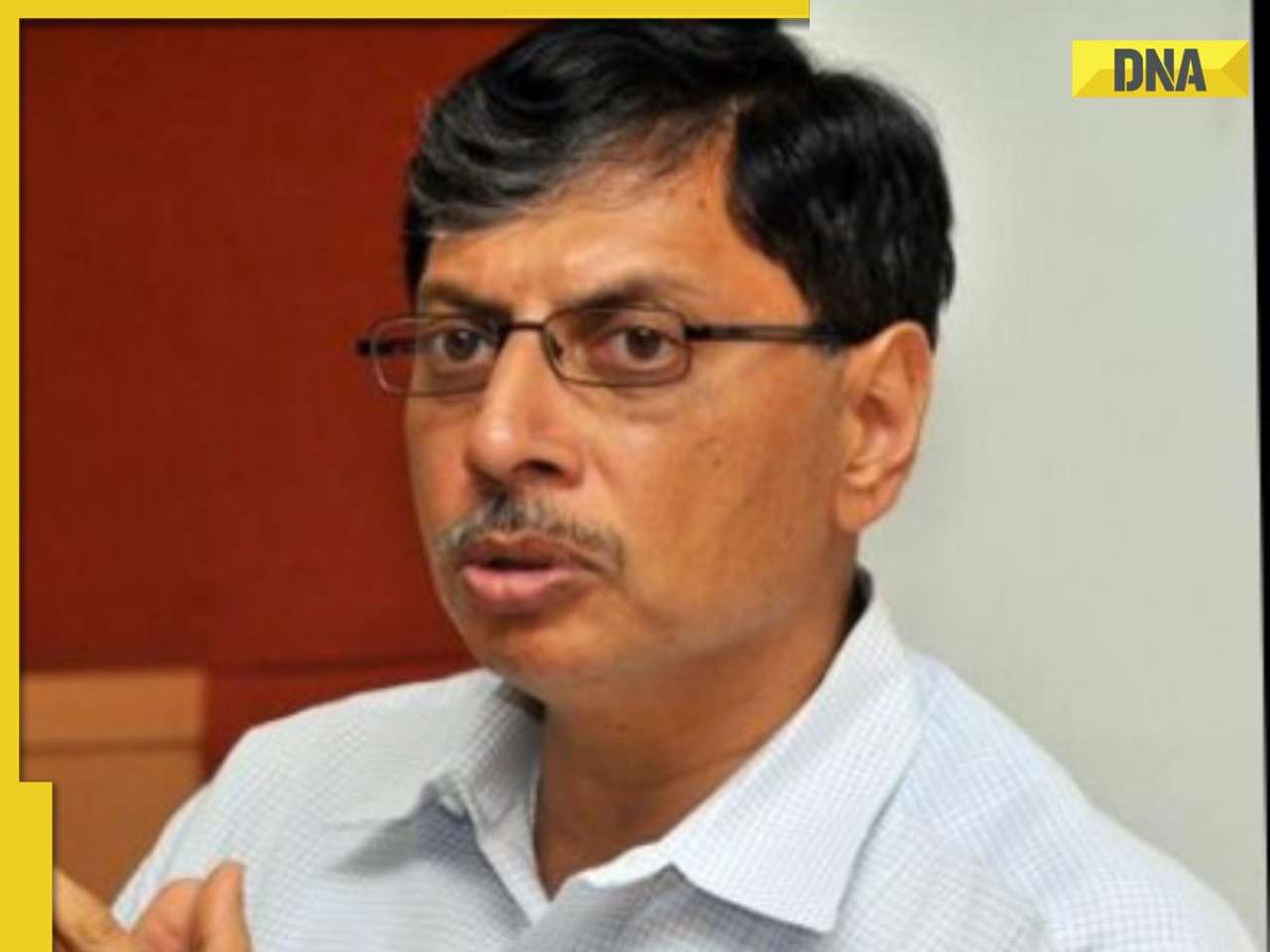
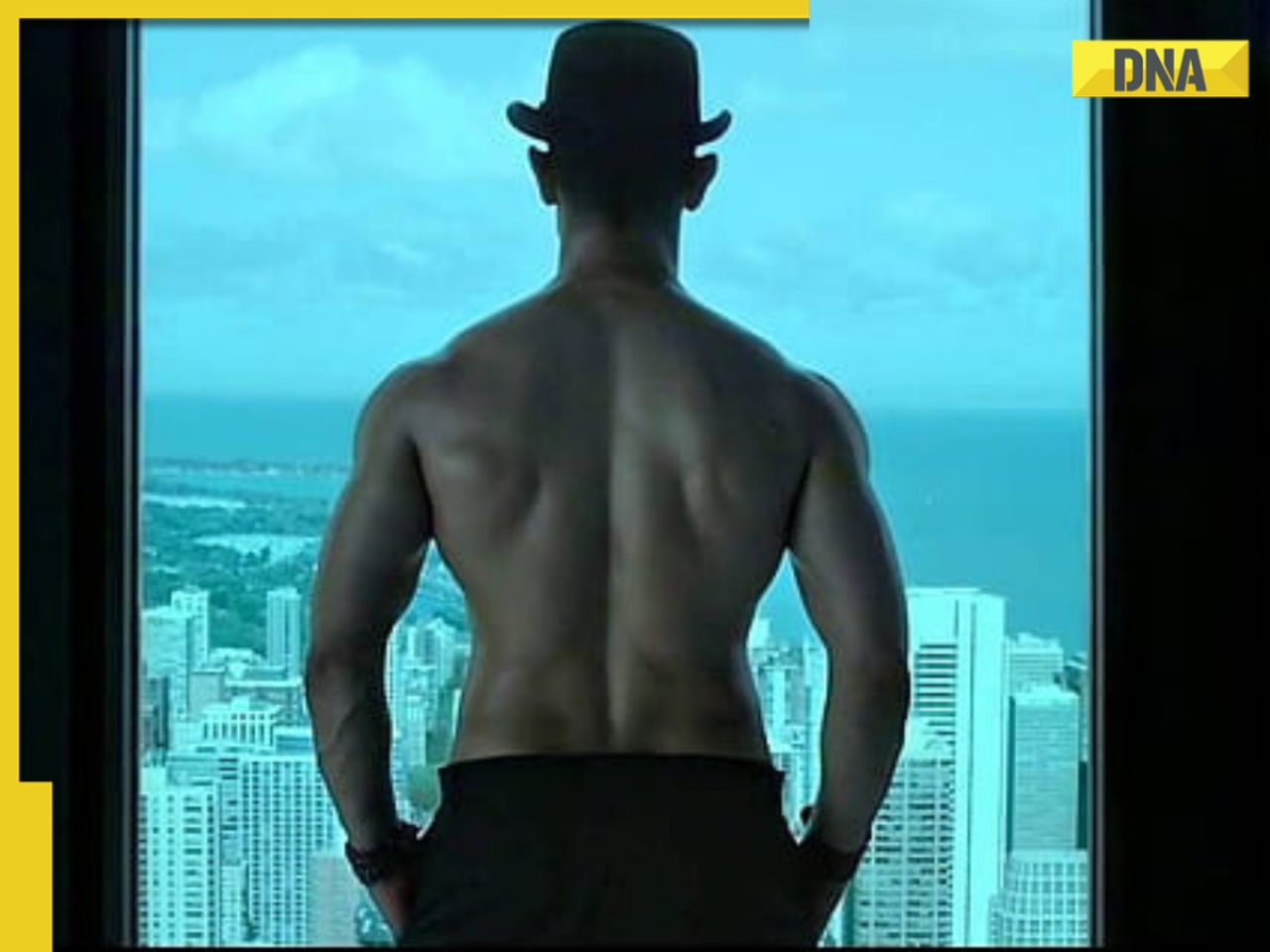
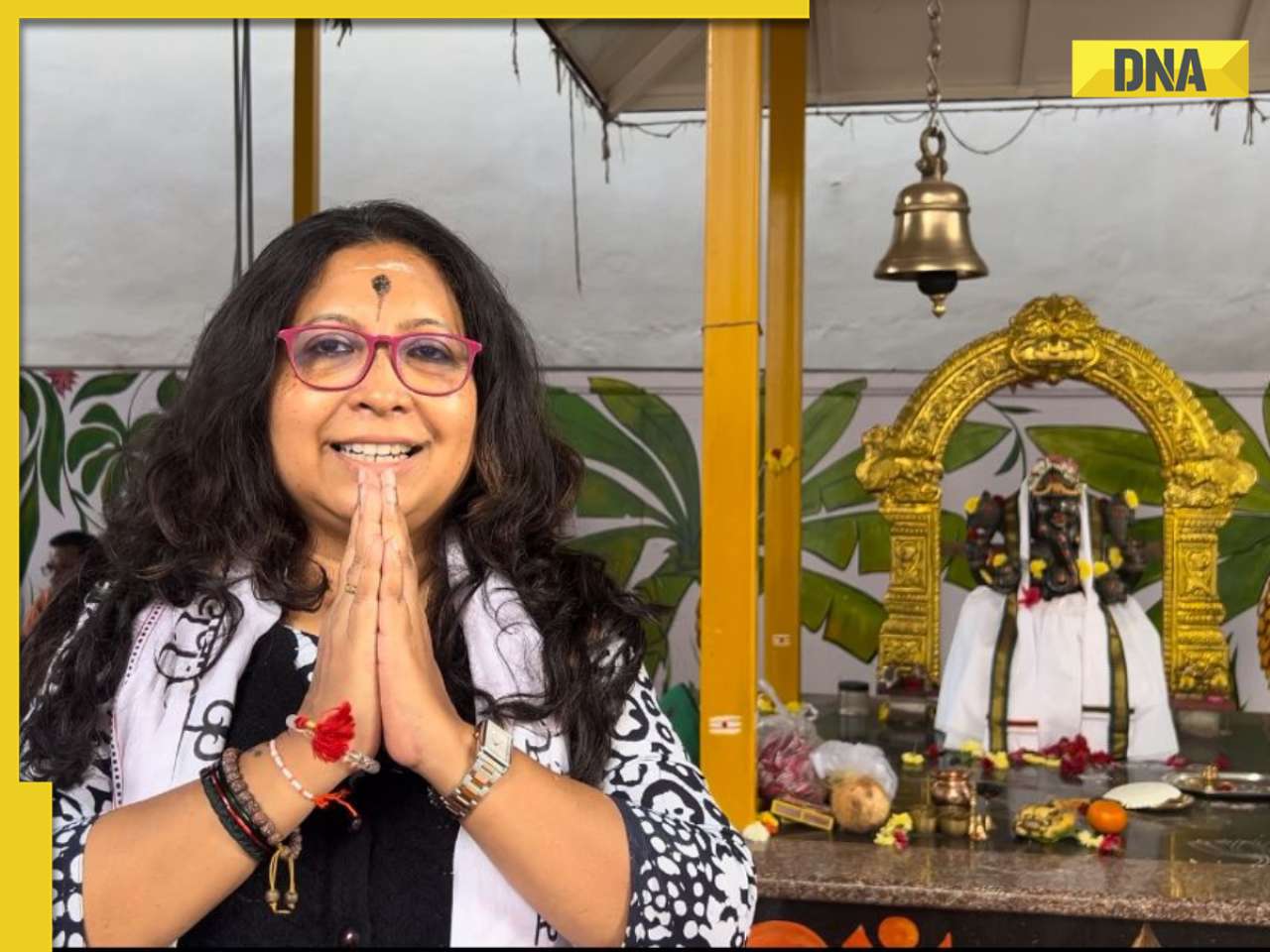





















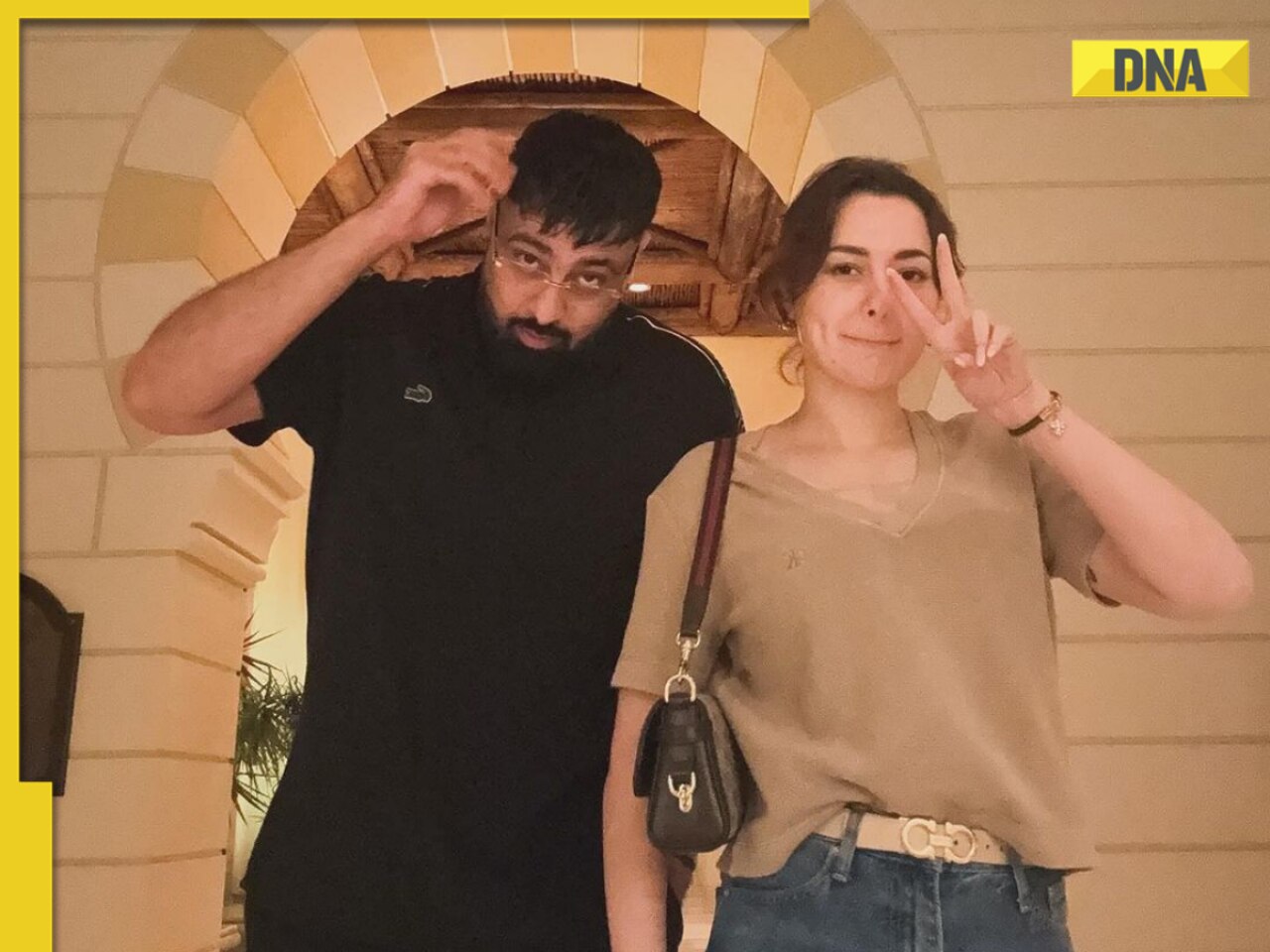
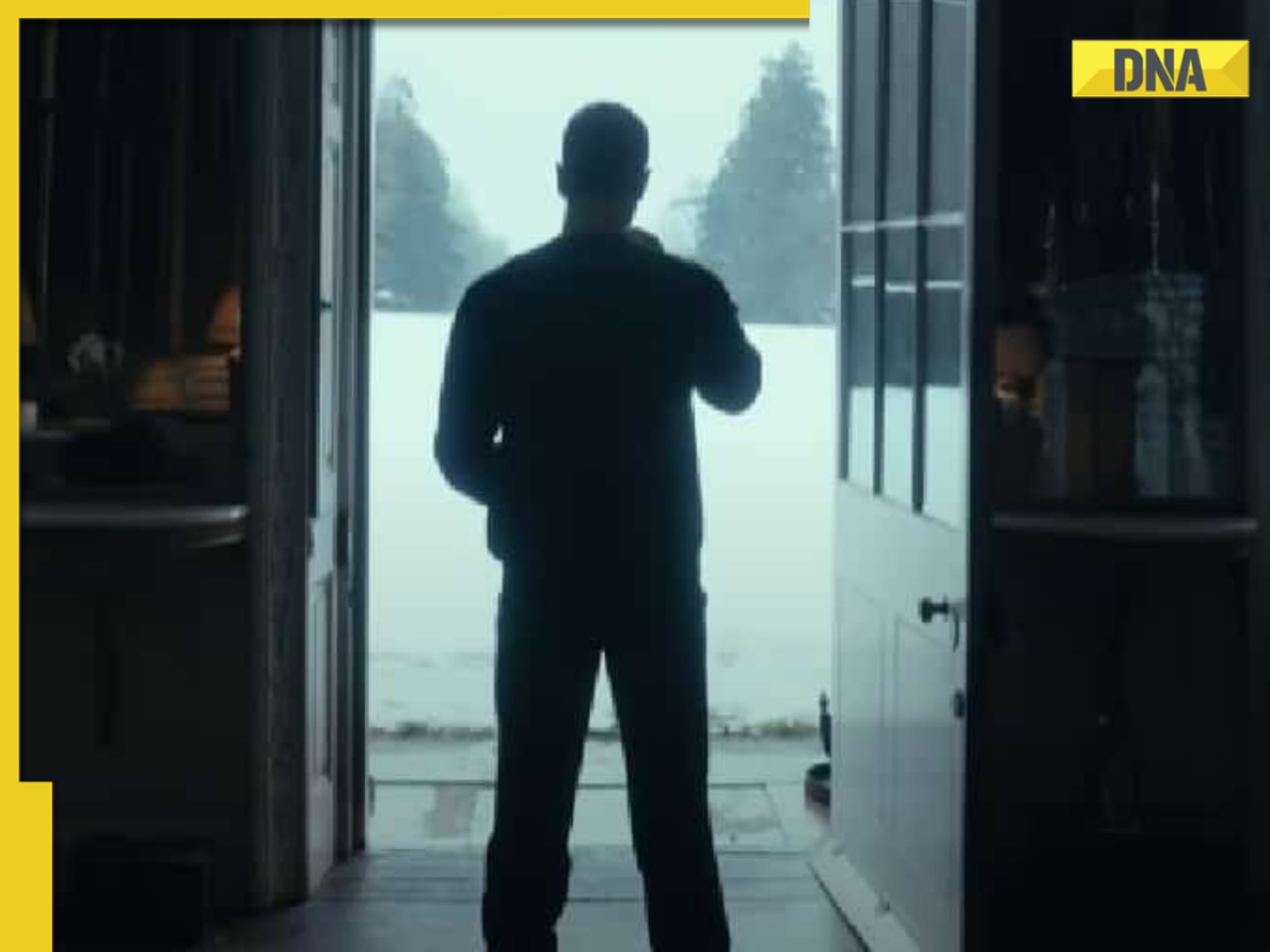
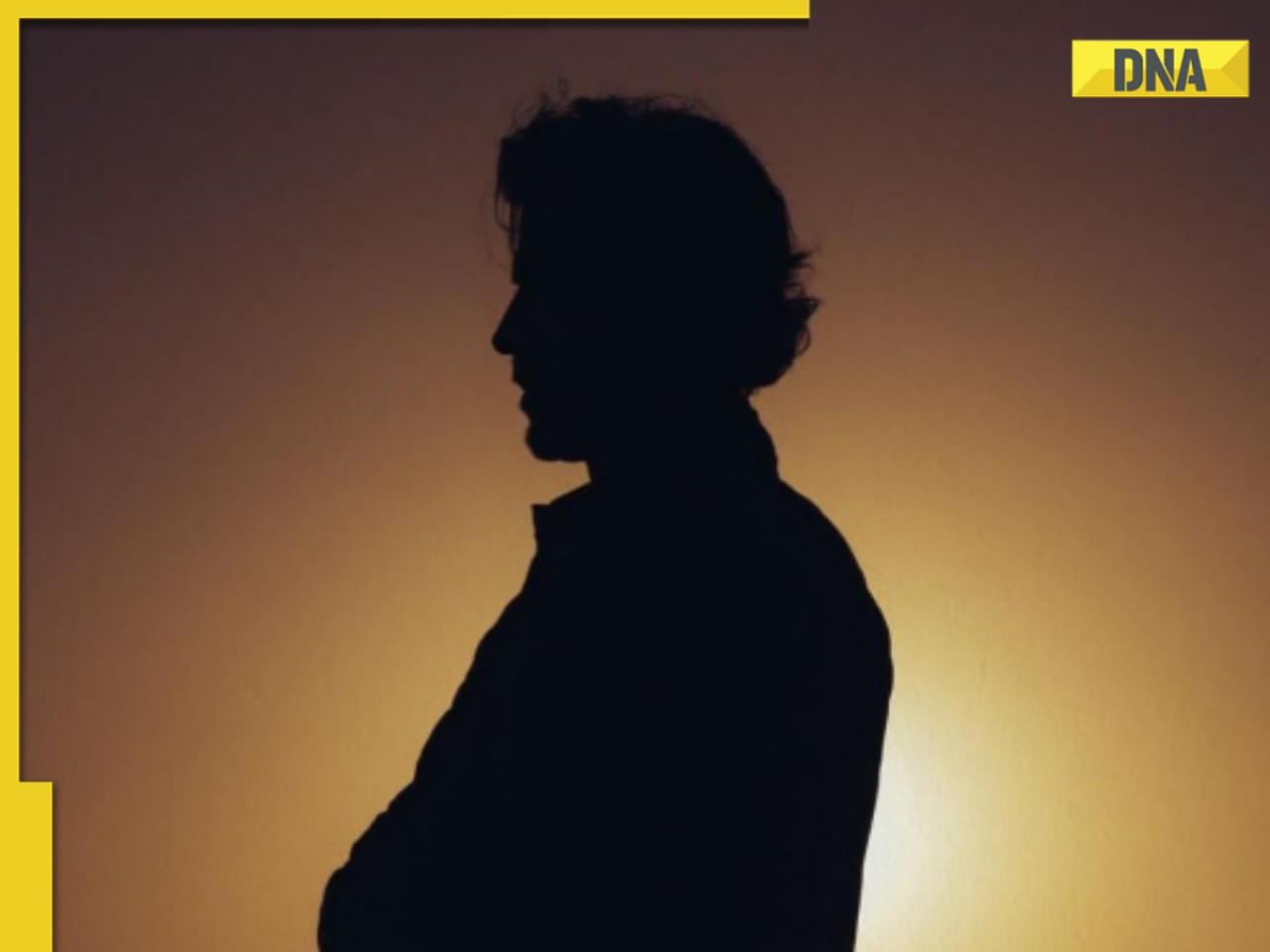

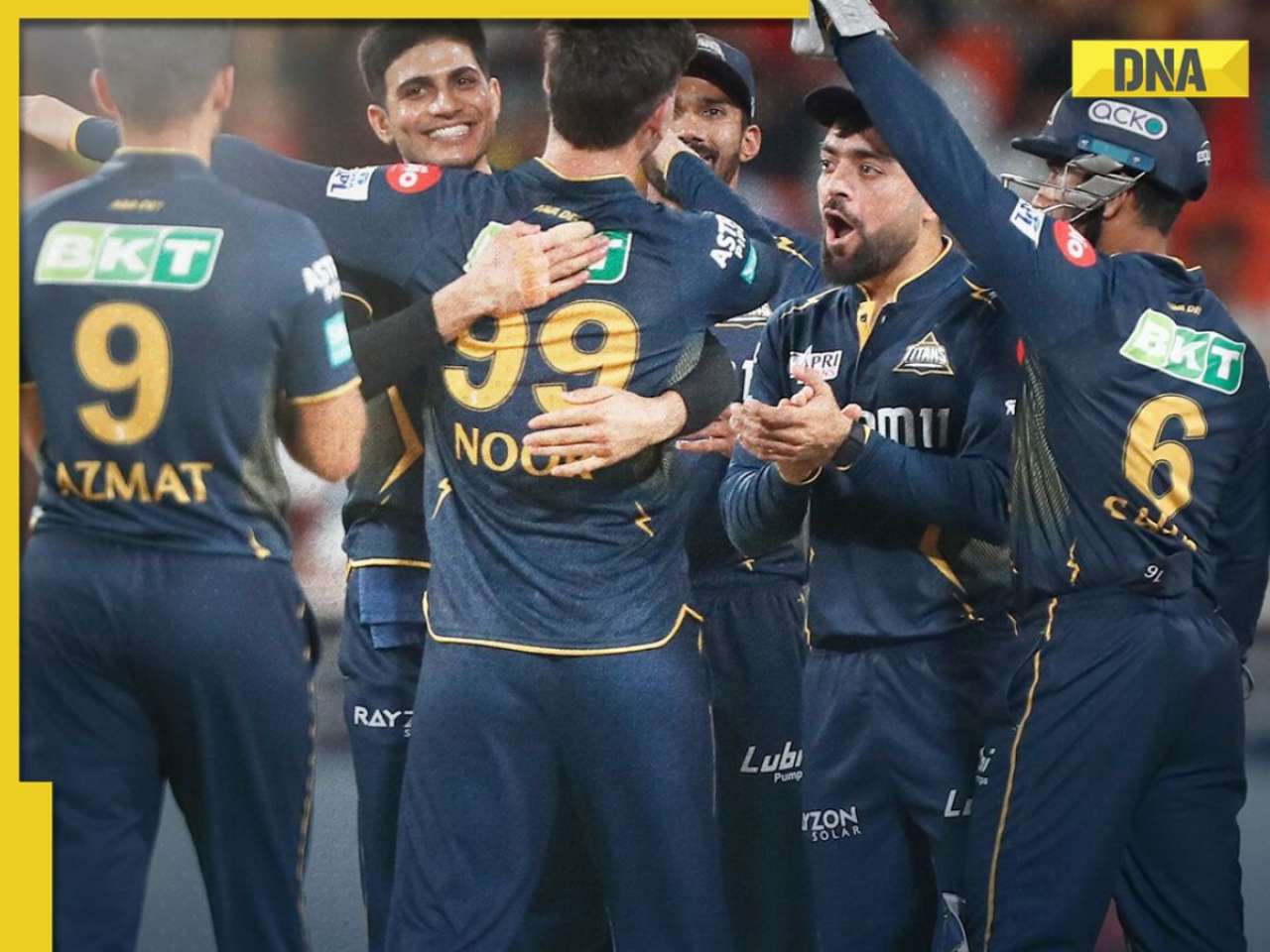
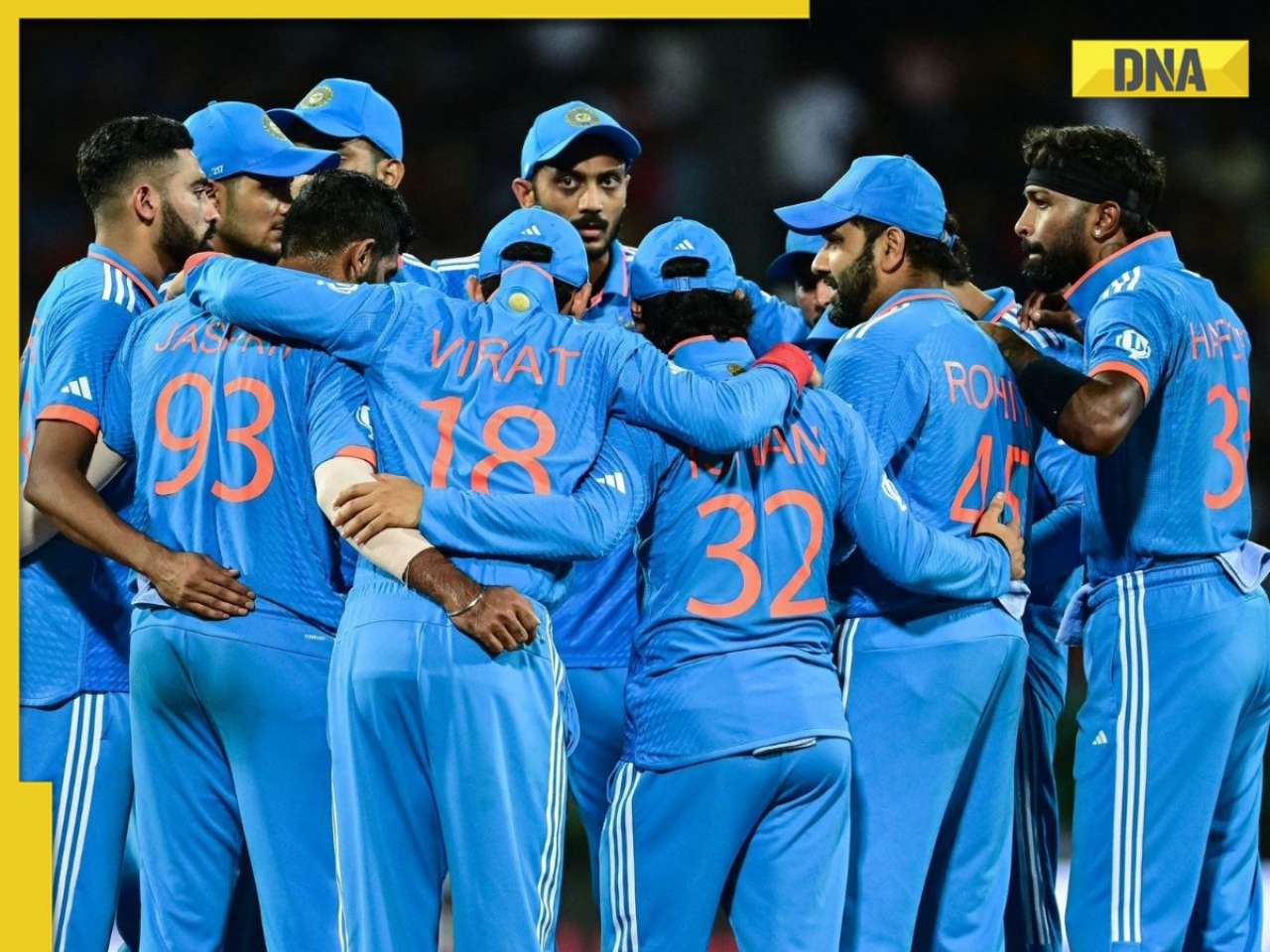
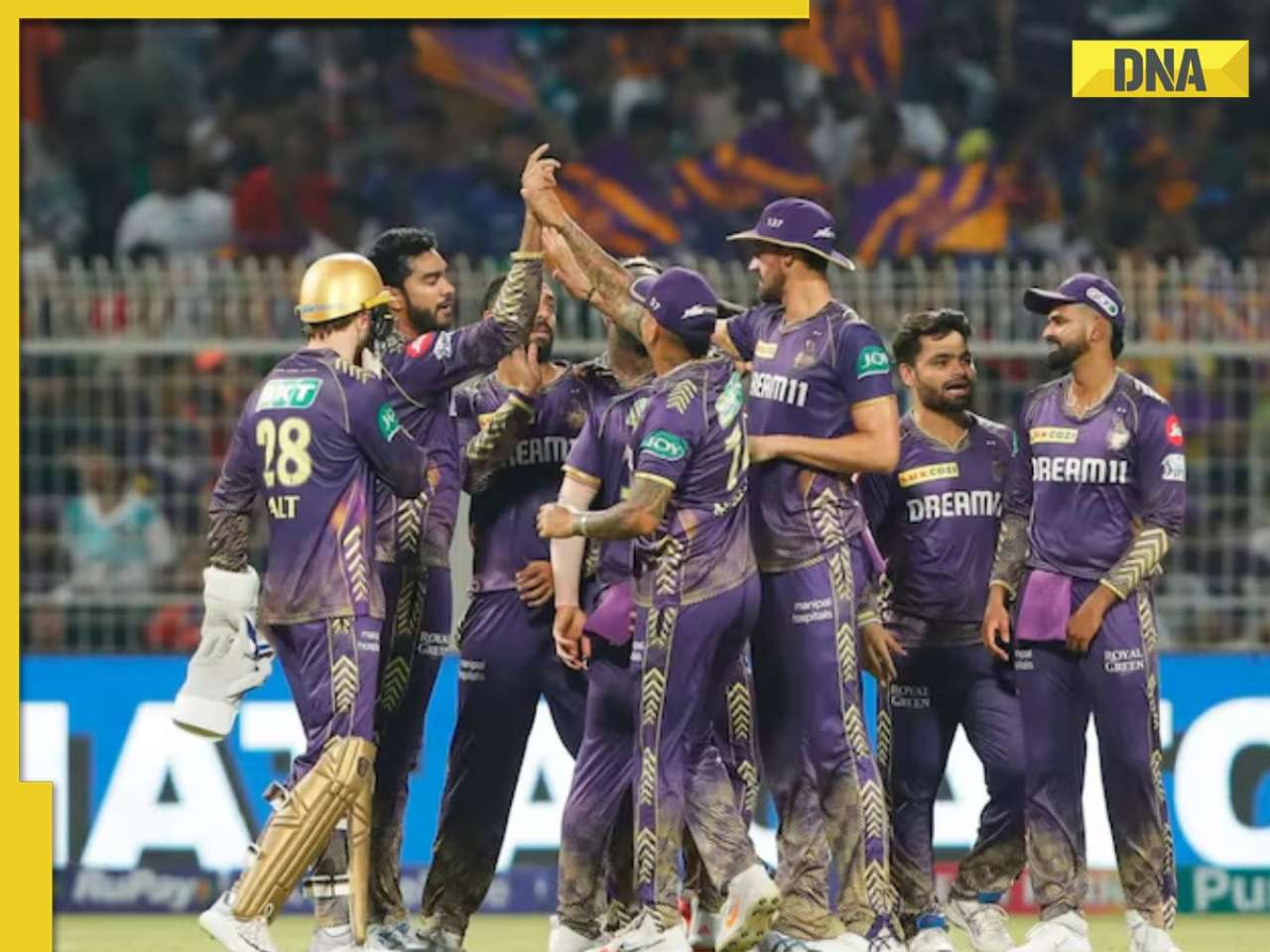
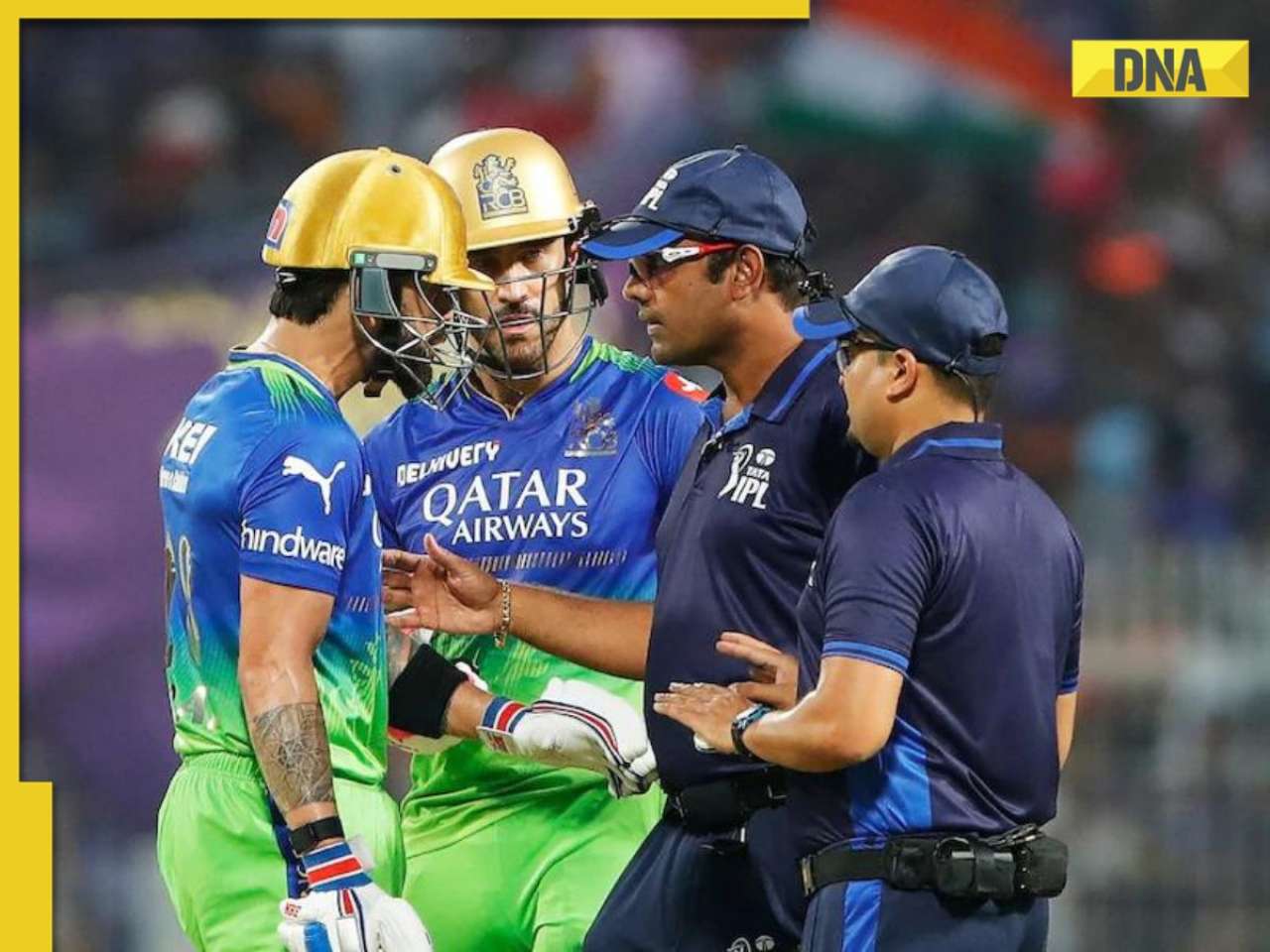
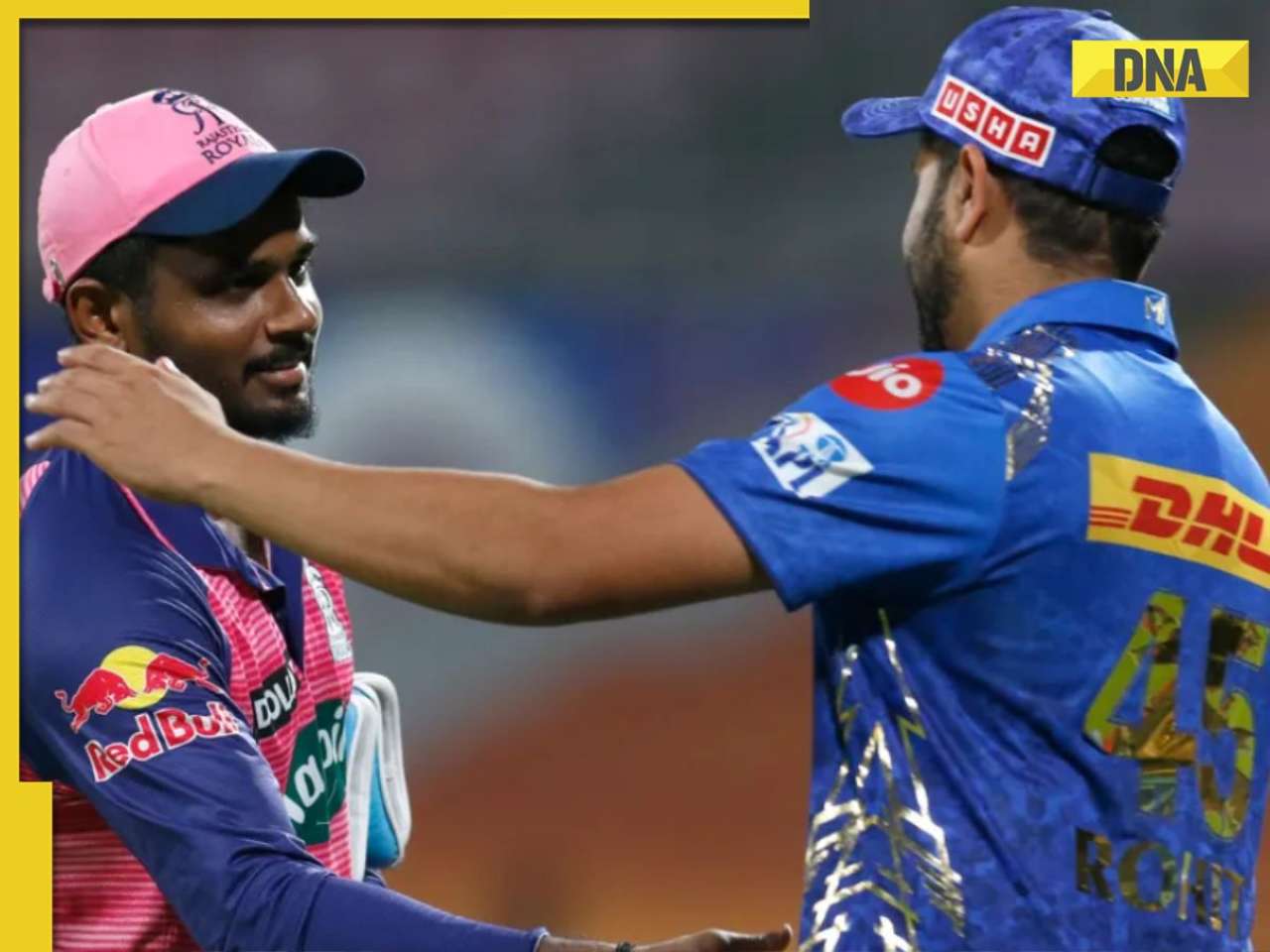



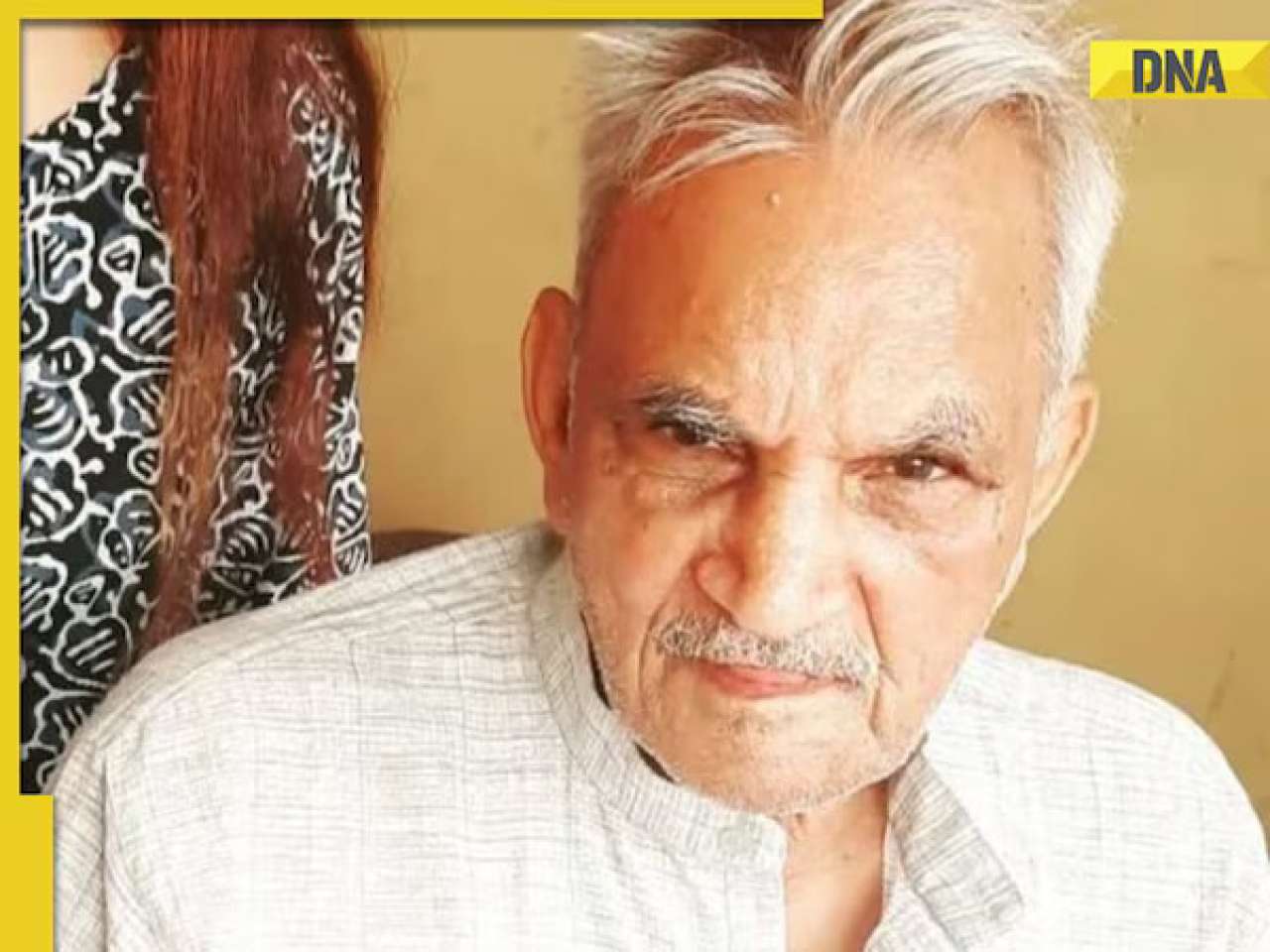
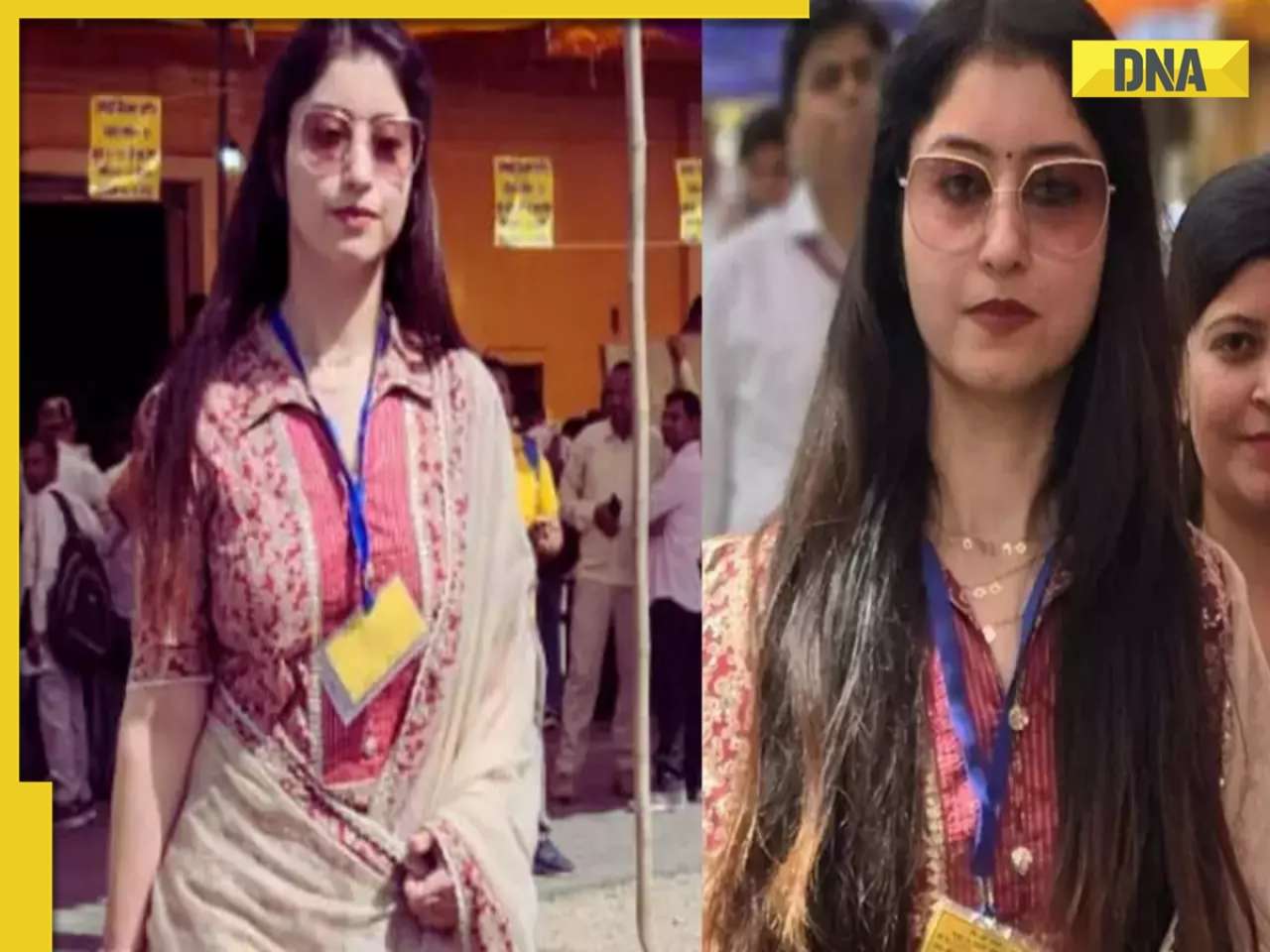

)




)
)
)
)
)
)